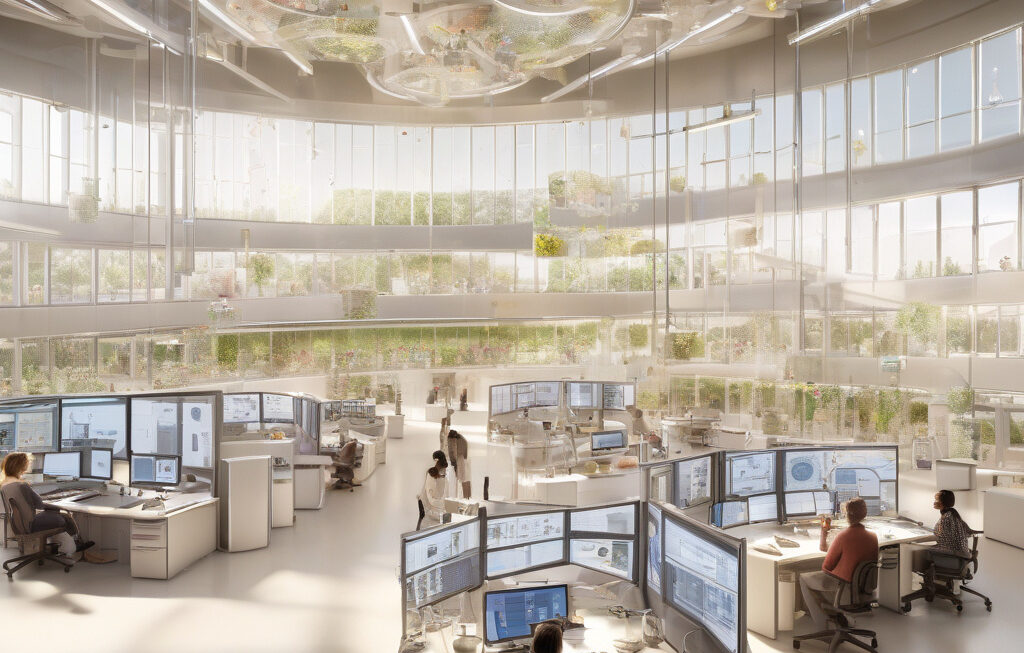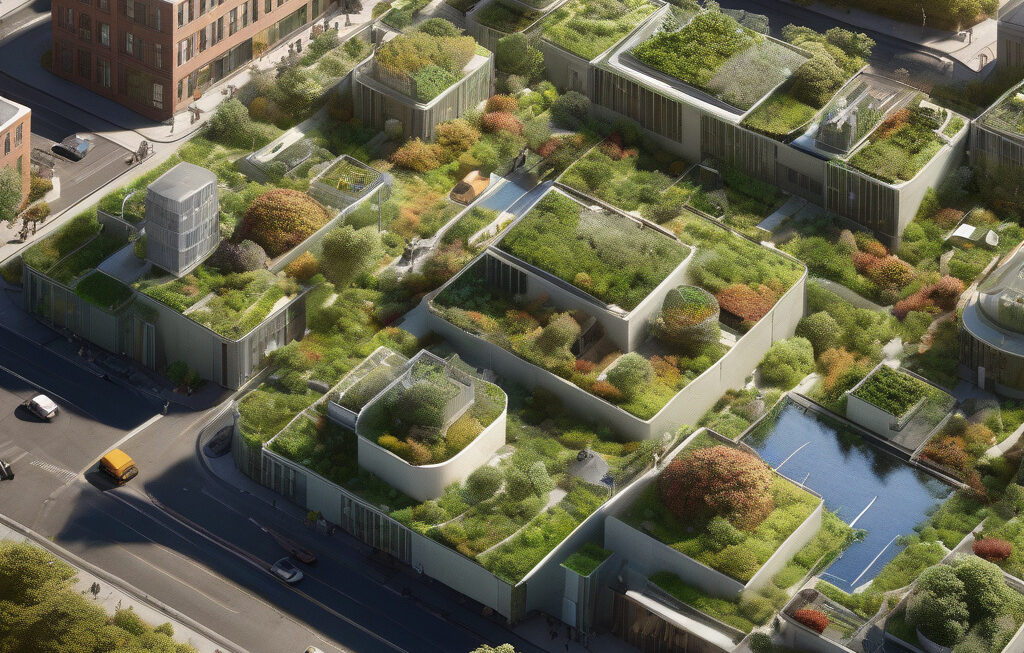Advancing Sustainable Cooling Amid Rising Temperatures: An Urgent Social Question for Our Cities
As global temperatures continue to rise, the need for sustainable cooling solutions has become more pressing than ever. Extreme heatwaves are becoming increasingly common, posing a significant threat to vulnerable groups in urban areas. In response to this urgent social question, local governments must take stronger action to ensure the well-being of their citizens and the long-term sustainability of their cities.
Rising temperatures are a direct consequence of climate change, driven by human activities such as the burning of fossil fuels and deforestation. As a result, cities around the world are experiencing more frequent and intense heatwaves, putting residents at risk of heat-related illnesses and even death. The elderly, children, pregnant women, and individuals with pre-existing health conditions are particularly vulnerable to the impacts of extreme heat, highlighting the urgent need for effective cooling solutions.
One of the key challenges in addressing this issue is the reliance on energy-intensive air conditioning systems, which not only contribute to greenhouse gas emissions but also exacerbate the urban heat island effect. As cities become hotter due to the concentration of buildings and pavement, the demand for cooling solutions is expected to rise, further straining energy resources and increasing carbon emissions. To mitigate these impacts, innovative approaches to sustainable cooling are essential.
Sustainable cooling solutions encompass a range of technologies and strategies aimed at reducing energy consumption, minimizing environmental impact, and improving the resilience of urban areas to heatwaves. One example is the use of passive cooling techniques, such as natural ventilation, shading, and green roofs, to reduce the need for mechanical cooling systems. By incorporating these features into building design and urban planning, cities can lower indoor temperatures, enhance thermal comfort, and decrease energy costs.
Another promising approach is the adoption of district cooling systems, which deliver chilled water from a central plant to multiple buildings for air conditioning and refrigeration. By centralizing cooling production and distribution, district systems can achieve economies of scale, optimize energy efficiency, and reduce the environmental footprint of cooling operations. Several cities have already implemented district cooling networks as part of their climate action plans, demonstrating the feasibility and benefits of this innovative technology.
In addition to technological solutions, social interventions are crucial for advancing sustainable cooling in cities. Public awareness campaigns, community engagement initiatives, and heat emergency preparedness programs can help raise awareness about the risks of heat exposure and empower residents to take proactive measures to stay cool and safe during heatwaves. Local governments play a critical role in coordinating these efforts, fostering collaboration between stakeholders, and ensuring that vulnerable populations are adequately protected.
The urgency of advancing sustainable cooling amid rising temperatures cannot be overstated. As climate change accelerates and heatwaves become more severe, the need for effective cooling solutions will only grow. By prioritizing sustainability, equity, and resilience in their urban planning and policy decisions, cities can create healthier, more livable environments for all residents, both now and in the future.
In conclusion, sustainable cooling is not just a technological challenge but a social imperative that requires coordinated action at the local level. By investing in innovative solutions, raising awareness about the risks of extreme heat, and engaging communities in the decision-making process, cities can address the urgent social question of advancing sustainable cooling amid rising temperatures and ensure a more sustainable future for all.
#sustainablecooling, #risingtemperatures, #urbanplanning, #climateaction, #heatwaves












